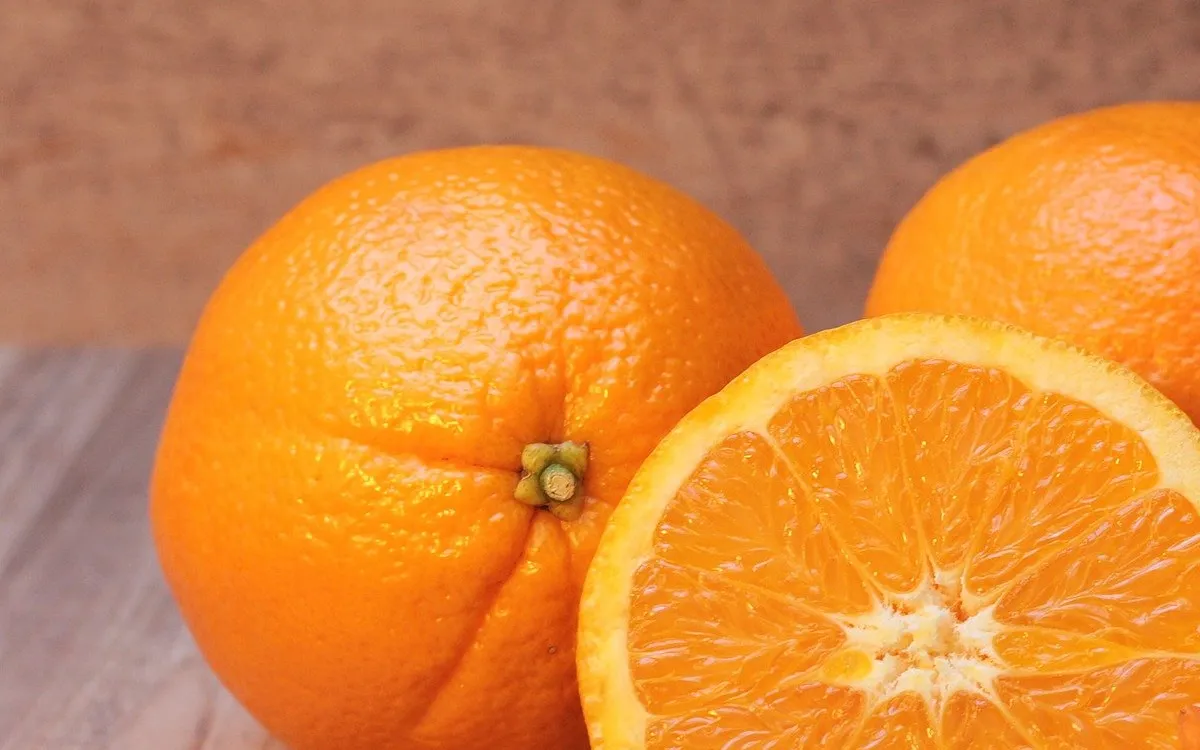
According to a recent study published in Microbiome, consuming a single orange each day might lower an individual's risk of depression by 20%. This intriguing discovery is attributed to citrus fruits' ability to promote the growth of Faecalibacterium prausnitzii (F. prausnitzii), a beneficial bacterium in the human gut. This bacterium influences the production of serotonin and dopamine—two neurotransmitters known for their mood-enhancing properties.
The research was spearheaded by Raaj Mehta, an instructor in medicine at Harvard Medical School and a physician at Massachusetts General Hospital. In a discussion with the Gazette, Mehta elaborated on the significant findings of the study.
Mehta explained that the study was inspired by a 2016 paper suggesting that citrus consumption might reduce depression risk. Collaborating with postdoctoral researcher Chatpol Samuthpongtorn, they leveraged data from the Nurses' Health Study II (NHS2), which began in 1989 to identify risk factors for major chronic diseases in women. This extensive study involves over 100,000 women who provide detailed lifestyle and health information every two years. Their analysis revealed that nurses who consumed more citrus fruits had lower rates of future depression.
The study found that eating one medium orange daily could reduce depression risk by about 20%. This effect seems specific to citrus, as no similar relationship was observed with other fruits like apples or bananas. While it's challenging to compare citrus fruits' preventive effects to traditional antidepressants—typically used to treat existing depression—citrus might eventually form part of a broader depression management strategy. However, further research is necessary to draw definitive conclusions.
One unique aspect of the study involved analyzing stool samples from NHS2 participants over a year. DNA sequencing of these samples revealed a link between citrus intake and the abundance of F. prausnitzii in the gut microbiome. This bacterium was more prevalent in individuals not experiencing depression and was associated with higher citrus consumption. The researchers believe that F. prausnitzii might improve mental health by influencing serotonin and dopamine levels through the S-adenosyl-L-methionine cycle I pathway.
While the gut-brain connection is well-documented, the specific link between citrus and mental health was unexpected. The study also highlights the potential health benefits of F. prausnitzii, previously associated with reduced inflammatory bowel disease risk, now linked to mental well-being. Mehta expressed interest in conducting clinical trials to confirm citrus fruits' role in depression risk reduction and possibly even treatment. He hopes these findings will spur further research into the relationship between diet and mental health.
The study underscores the intuitive understanding that our diet significantly impacts our mood. While people often refer to certain foods as "comfort foods," scientific exploration into how specific dietary choices affect mental health is just beginning.